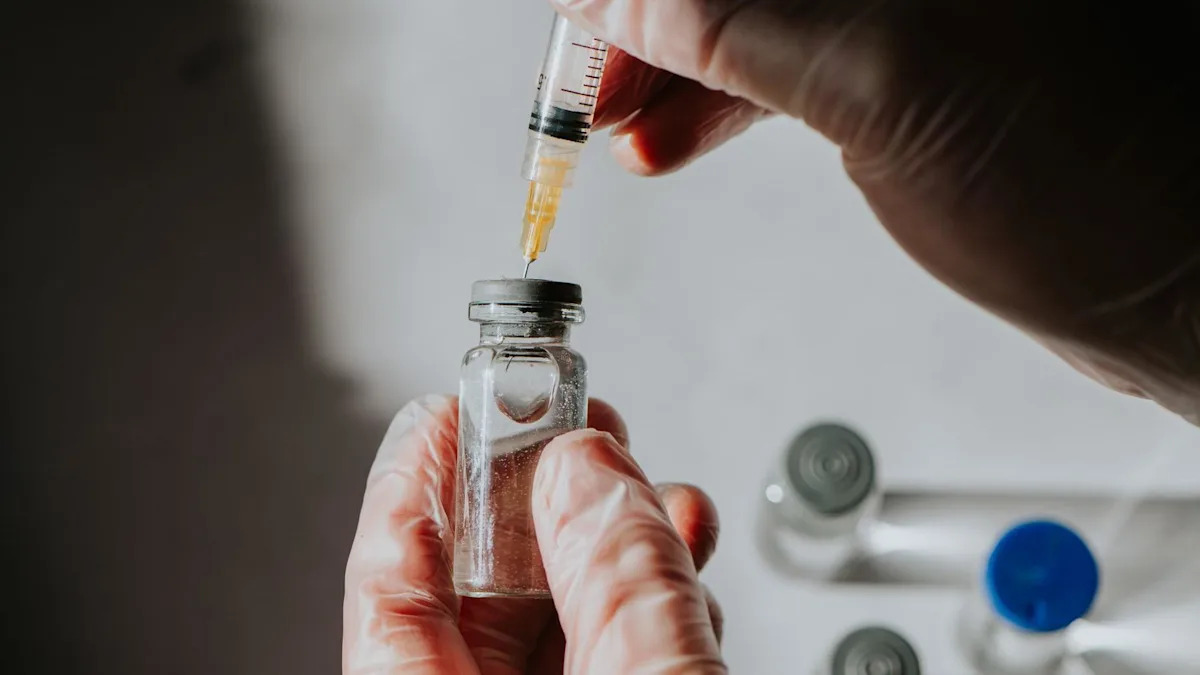An injection to prevent HIV which is being offered in Great Britain will also be rolled out in Northern Ireland, it has been confirmed.
The long-acting cabotegravir (CAB-LA) jab, which is administered every two months, is an alternative to HIV prevention pills, known as PrEP, which is used daily.
It was announced last month that the injection had been approved for England and Wales, bringing it into line with Scotland.
Campaigners had called for Northern Ireland health authorities to follow suit – with the Department of Health (DoH) now saying the treatment will be rolled-out, a prominent LGBT charity has described the move as “a game-changer”.
The Rainbow Project’s chief executive Scott Cuthbertson said it “could make HIV prevention much more widely accessible”.
What is HIV prevention therapy?
HIV is a virus that damages the cells in the immune system and weakens the body’s ability to fight everyday infections and diseases.
Known as PrEP (pre-exposure prophylaxis), the treatment is taken by HIV-negative people to reduce the risk of getting HIV. It was introduced in Northern Ireland in 2018.
It is taken as a pill and is effective, but they are not always easy for some to take.
It can be hard to access, unpractical or feel embarrassing if people are worried about the possibility of parents or housemates finding the medication.
Other factors such as homelessness can make it difficult to take oral PrEP every day.
However, cabotegravir is given as jab, usually six times a year or every other month, making it potentially more convenient and discreet.

Scott Cuthbertson said more accessible preventative medicine is a step towards the goal of ending new HIV cases by 2030 [BBC]
In Northern Ireland, final guidance on administering the drug has been issued to the DoH by the National Institute for Health and Care Excellence (NICE).
The department said it “has now begun the process of formally endorsing the NICE guidance so that eligible patients in Northern Ireland may receive this treatment”.
It’s not known when the injections will become available.
Mr Cuthbertson from the Rainbow Project said that “for those who can’t take or struggle with current HIV prevention methods, it adds a further option in the growing arsenal of preventative medication”.
Experts hope the injections will help meet the ambition of ending new HIV cases by 2030 in the UK.
Mr Cuthbertson said “providing more accessible options for HIV prevention brings us one step closer to that goal, but more work must be done”.
Jacquie Richardson, CEO of HIV charity Positive Life, said it was “very welcome news”.
“Any healthcare innovation which empowers people to proactively look after their sexual health must be supported and actively promoted. This new injection will make seeking and taking the drug much more straightforward,” she said.
However she said the charity wants to see “a sharper focus on HIV prevention in Northern Ireland,” which needs “a focused and adequately funded effort”.

